Curated by Alibaba Business School
Source: Hupan University
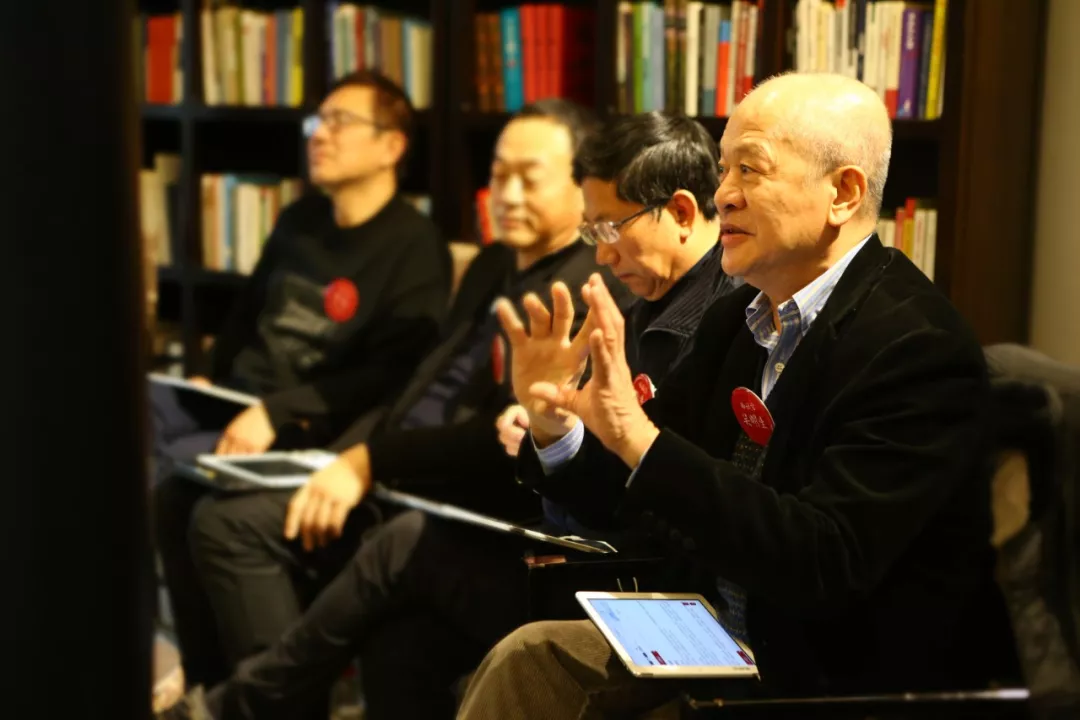
17 years ago, the small sized Alibaba encountered SARS. Every employee was forced to be quarantined for 2 weeks. At that time, Savio Kwan was the COO who experienced the whole incident as a decision maker.
As the novel corona virus (COVID-19) epidemic continues to spread globally, entrepreneurs are starting to make rational plans as they take social responsibility to support their communities at the same time. Peoples’ mindsets are usually built from experience and challenges. Victories often belong to those who can face to the difficulties and survive.
- How should a company respond to sudden crisis?
- What should leaders do when the crisis come?
- What is the basic driving force to support a team to overcome difficulties?
- What attitude should a CEO have to face to the challenges at this moment?
With these questions, we had an interview with Savio Kwan, here is what he had to say.
01, What preparations had we made on knowing the possible quarantine?
In the begining of 2003, Alibaba was still a very small sized company. We had hundreds of people at headquarter and more than 10 offices across China.
In the begining of May, my colleague Song Jie contracted a fever after returning to the Hangzhou office from Guangzhou. Everyone became very nervous. At that time, the only 2 suspected SARS patients had been quarantined in the hospital.
What should the hundreds of people do if Song Jie is quarantined?
Things were not clear during those days. But Alibaba had made some emergency plans in advance. Jack Ma and Lucy Peng were actively communicating with the government while Wu Yongming and Shi Yufeng, the technical leaders, prepared all the IT solutions in case the company was quarantined, to ensure everyone could answer the phones and connect to the Internet.
But at that time, something very special happened. Many of our colleagues came to me and asked, “Savio, I need 2,000 RMB”. “What do you need the money for?” I responded. They said they need the money to install the broadband at home, if they are quarantined, they can work at home. And I agreed.
One after another, colleagues came to me asking for money and I agreed. The total amount was about 300,000 RMB, that was a lot of money at that time.
This was all happening around the time of the International Labour Day. On the day I returned to Hong Kong, I was told that Song Jie had been quarantined as suspected patient and therefore every staff had to be self-quarantined at home. In the coming hours, everyone started moving computers home, setting up Internet connections, purchasing daily necessities with the money we gave, and got ready to work at home.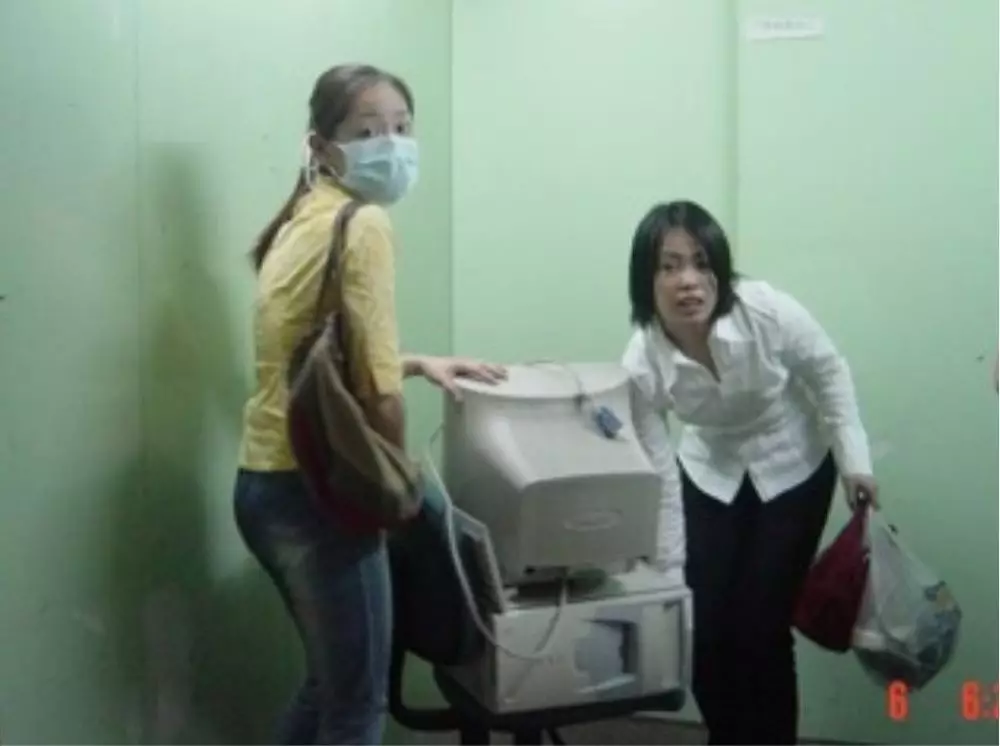
That was a totally spontaneous process. No one from management team told them what they should do, everyone decided to do this or that on their own initiative. To assist, Alibaba contacted the local telecom company and sent technical support teams to make sure each colleague could connect to the Internet and corporate system.
I was self quarantined at home in Hong Kong. I told my wife that it was a big thing, so we even drafted our wills. I remember that I also wrote a letter to my daughter telling her where the things were at home.
02, What was the management board doing?
Many people have asked, how can Alibaba’s employees respond so efficiently?
In my opinion, the key is because of the corporate culture and value. At time time, the employees were incredibly united and self-driven.
To deal with sudden external disasters, these two things are the most important. One is unity and the other one is spontaneity.
How to decide what are the priority things to do? I heard it more than once, that the employees all said that “we could be quarantined, but the customer service should not be interrupted”. This is Ali’s cultural value that “customers are first” . **If this culture had not been built long before, you would only be able to give orders when situation is this serious.** Alibaba had a great advantage at the time, and it didn’t need to give orders (because people acted spontaneously). So what did we, the managers, do during that time?
I remember Jack called the hospital every day and begged them not to keep Kitty Song with the other two patients. Because he felt that Kitty should be healthy, but if she was kept with the other patients, things might go bad. Therefore, he called the hospital every day to ask them not to do do.
He told me: “Savio, if something really happens, how can I explain this to her mom?”
Then what did I do? Lucy Peng passed me all the employees’ phone numbers. I was at home in Hong Kong. So I had a landline, and two mobile phones. I made hundreds of phone calls to our employees every day and ask, “Hello, I ’m Savio, how is the situation now?” Then they told me, “we are doing fine, and the situation is like this and that….”
This is the best I could do. In times like these I should not give orders nor supervise people what to do. Instead, I must encourage everyone to keep fighting!
At that time, everyone was quarantined in their residences, and three meals were delivered by others. There was a lock outside to keep people from going out. Some people who got quarantined were with their parents, some are couples, and some were colleagues who rented apartments together. That was a very special environment.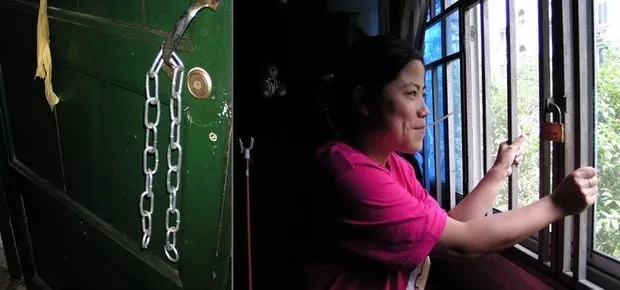
At that time, the quarantine areas were Alibaba’s headquarters, and dozen of branch offices elsewhere, mainly where sales people stayed. However the functions of the headquarters could not be paralyzed, otherwise the entire company would stop operating.
When I called every employee in Hangzhou, there was an angelic voice: “Hello, this is Alibaba.” If I were a client, I wouldn’t be able to tell that that the company ’s employees were quarantined. Everyone was very energetic, as if they were working in the company.
Employees in Hangzhou also felt bored staying at home. During the day, they work through online instant chat tools, emails, and telephones; however in the night, they held online karaoke competition. These were all very good methods to relax and to inspire each other. This was key.
03, Opportunity or Challenge?
Retrospectively, many people considered SARs an opportunity for Alibaba. However, at that time, it felt more like a huge challenge or even catastrophe.
When catastrophe like SARs strikes, many companies have no choice but to give indefinite holidays. Our employees are also undergoing huge mental pressures. It is entirely reasonable for them to say that they have no bandwidth to serve the customers, to continue the work as if it is normal.
However, not a single person said it. The unity and sheer determination to continue our work was unbelievable. **I believe, there would be no opportunities for Alibaba if it was not for our staff’s determination.**
Due to SARs, no SME’s were willing to trade face-to-face. As a result, our platform’s traffic increased by 7 times in a short space of time. Our technical teams worked hard to keep the servers running. This increase in traffic gives everyone even more workload than usual. It was a crazy period.
At the end of the quarantine, one of our telesales teams even reached the RMB 1 million mark. Telesales bring in 2300 per sale and usually, it takes 100 calls to close two sales, so to reach the 1 million mark, they would have made tens of thousands of calls.
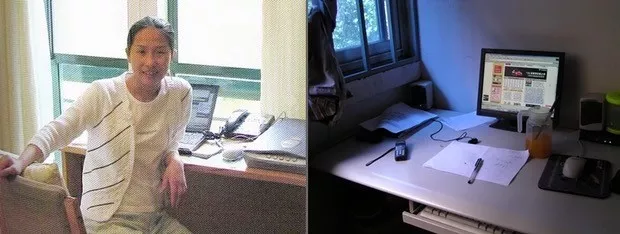
One day, I called a female colleague and the phone was picked up by a man. He greeted me “Hello, this is Alibaba” I asked who he was. He assumed I was one of the clients and responded that he can help me if I have problems. I told him that I was Savio. He explained that his daughter and wife are both helping another client to solve a problem, so he was helping out by manning the phone.
I want to emphasize that the opportunities were not brought by SARS, it was us who turned the disaster into a driving force. This was all because of the unity of our team, the common direction we shared and the initiatives the individuals take on their own. Let’e face it. The management cannot be instructing how the team work in that circumstance. All we can do it to care for and encourage our team.
After the two week quarantine, I came back to Hangzhou. It was the time that Kitty also came out from her quarantine in the hospital. Jack, Jack’s wife and I went to the hospital to welcome Kitty back on that day. We cried together and it was one of those moments that I will never forget.
It was a cry of relief - Kitty was ok and we were ok. Jack could now hand a healthy, SARs-free Kitty back to her parents.
04, CEO must be keep calm in the face of crisis
When encountering such sudden crises as “SARS” and “Novel Coronavirus” that affect the daily operation of the company, each company has different situations, and temporary emergency response and actions are very important, otherwise things will become a mess.
But I think the most important thing is the basic skills, which is the building of culture and values in daily work. It is the mission and vision shared by all of us. Only in this way, we are able to guarantee firm unity and cohesion. When we unite, we will not be afraid.
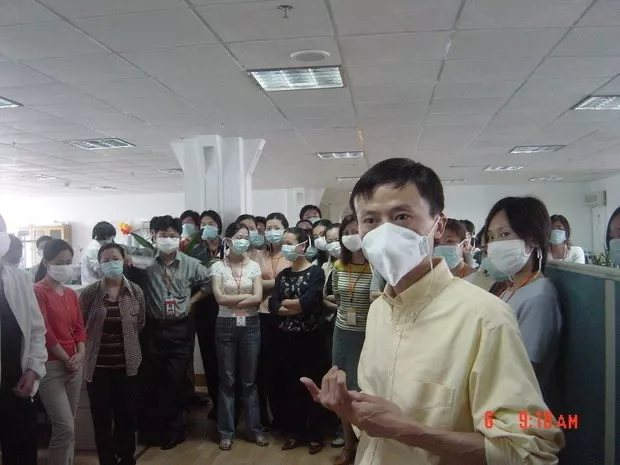
Alibaba began to practice its culture and values in 2001. In the first quarter of March 2001, Alibaba began to incorporate the values into its performance appraisal, which was inconceivable for most companies at this stage. We had more than two years of experience by 2001 and 2002, and there were many cases to reference. Everyone’s mentality was very good. The first reaction when facing the crisis was that customers are first - “we may be locked down, but the customer service cannot be interrupted.”
With a unified belief, everyone has cohesion, people can unite, and their goals are very clear. No one asked me what I should do at this moment. The employees who have relations with the customers make every effort to support the customers. The backend office people help them support the customers. The service can’t be interrupted, the server can’t be down. Everybody are doing what their should do.
Just like the “Novel Coronavirus” epidemic this time, CEOs must not be in a hurry, and must keep calm in the face of crisis, he/she must be very clear.
If the CEO is in a mess, the company will be in a mess!
CEO should not do too many things. He/She must choose the most important things to do.** **The most important things of each company are different. Generally speaking, it’s how to continue the business, how to keep the cash flow and the supply chain.
The other is to unite employees through all possible actions,. We must support and encourage our employees, spend money where we should to survice. This is the time to test our basic skills - culture and values.
05, 3 Dos after resuming work Culture & values are the top priority
Before long, we will resume work formally. I suggest that, as a CEO, there are 3 things you need to do:
Firstly, find out the weaknesses in the company during the crisis.
Whether the team can resist the pressure, whether it can quickly resume operation, and what resources and human power need to be organized to improve the insufficient areas. This crisis is a severe survival challenge for SMEs.
After resuming work, we should tell our staff clearly that we have done a good job in the face of such great pressure, but on the other hand, we can see that we have some loopholes. Make a thorough review, point out a very clear direction, and let’s start over again.
Secondly, after this crisis, think about something in the long-term.
Is the company’s business model able to resist pressure? If not, what changes needs to be done? At the very least, what is my business model?
Many SME owners are so busy with making money that they overlook the question of what exactly my business model is. Because they are busy, they are fighting for survival every day, and they have to worry about all kinds of things every day. They don’t sit down to think it through about this question. Now there is some time, they need to sit down and ask themselves this question. What customer needs have I solved? Can this model be carried out online?
Finally, reaffirm that we must attach importance to culture & values.
Culture & values are the soft power of a company, and it is the strength that can be built gradually. When a big disaster comes, which is where this thing comes in, and the company will not collapse. You have to start thinking about it and work on it.
Culture & values are forged from actual shared experiences. The “SARS” combatting also became part of Alibaba culture. On May 10 every year, Alibaba celebrates Aliday, inviting employees’ families to come to the company to commemorate the experience and spirit of this battle they’ve been through together.
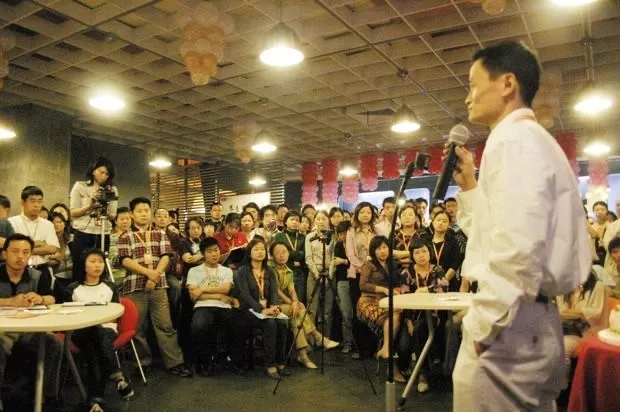
In fact, every company has its own culture & values. For SMEs, it is actually the culture & values of its founder.** **Alibaba’s culture & values were shaped by Jack Ma and his other 17 co-founders after going through so many experiences. In fact, it is often misunderstood by many people that I was the one who brought company culture to Alibaba. Culture has already existed. What we did at that time was to spend seven hours filtering it out, refining it, and settling it down.
Lucy Peng and her colleagues spent three months writing down the first version of the nine values “Dugu Jiujian”. This action was very critical. Only when you write down these specific behaviors clearly, you can get hold of them.
As a business owner, if you don’t do this, you won’t know what the goal is. If your goal and mission are to make money, there is already a problem. Staff are treated only as the tools to make money, and they won’t stay for long.
Many SMEs owners don’t understand this and they think that mission, vision & values are created by consulting companies. Many people say that Alibaba’s culture & values are very good. Alibaba embraces change, and we also embrace change. Alibaba is customer first, and we are customer first too, and so on. But those culture & values are not their own, because they never turn them into behaviors, which is a big problem.
Therefore, every SME owner should ask yourself, what is my mission? Do I want to provide something that others can’t in this industry? If you don’t figure it out, how you can make the employees all clear the first thing to do, the second and the third.
After this crisis, business owners should really make culture & values solid and think about how to align employees’ long-term interests with company’s**. **The most important thing is to practice internal skill, because it’s the same with training an army for a thousand days to use it for a moment. If you keep practicing internal skill, your immunity and resilience will be improved.
Alibaba Business School‘s vision is to empower entrepreneurs, women and youth globally through the education and training programs on the digital economy and the benefits it brings to larger society.

